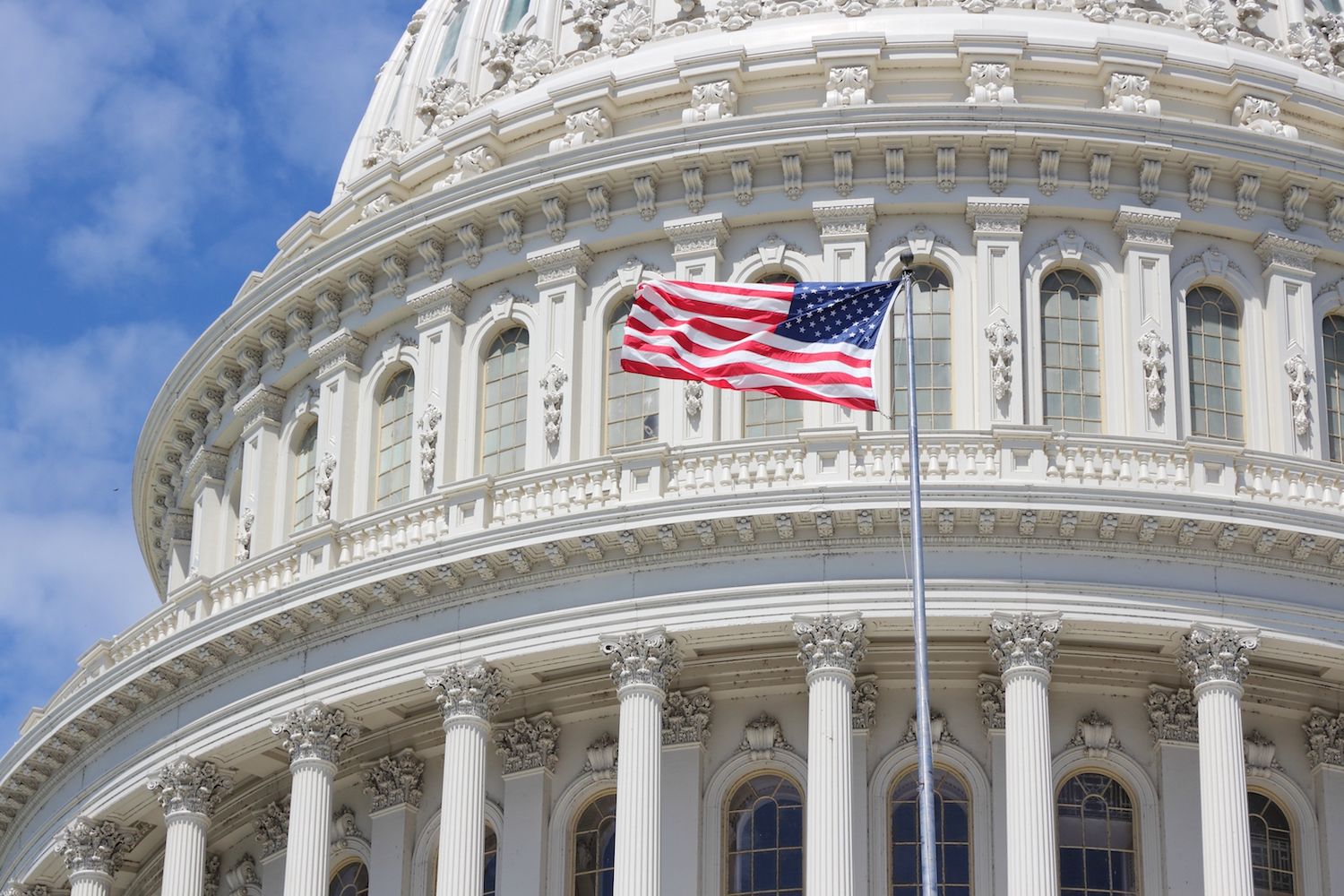
Starting January 20, 2025, a fresh era unfolds for the United States in multiple aspects. While the country is engrossed in President Trump’s inauguration as our 47th leader, an event that financial analysts like myself will be closely observing, there’s another significant development brewing within the U.S. financial sector: the departure of Gary Gensler, the Securities and Exchange Commission Chair under President Biden. This resignation is something the industry will be marking with celebration.
As a member of the House Financial Services Committee, I have noticed that Gensler tends to take a strict, restrictive approach that stifles innovation and hampers the growth of our economy’s core. His harsh stance has been particularly detrimental in the rapidly growing sectors of cryptocurrency and blockchain technology.
In an effort to present his actions as safeguards for investors, Gensler exploited artificial uncertainty to hinder the expansion and technological progress that make U.S. markets thrive and innovative initiatives move abroad, such as the creation of the next phase of the internet.
Under the guidance of Gensler, the Securities and Exchange Commission (SEC) often enforced rules that were criticized for causing more problems than solutions, particularly in the crypto industry. Critics, including platforms like Bittrex, Kraken, and Coinbase, accused the SEC of creating “regulatory unpredictability,” which they claimed was detrimental to their operations. In fact, Bittrex explicitly referenced the impact of Gensler’s policies when it decided to withdraw from the U.S. market.
It’s not a matter of if cryptocurrency needs regulation; it clearly does. Given its unique nature that disrupts conventional financial structures, a fresh regulatory approach is necessary – one that ensures consumer safety while promoting growth and innovation in this field. The recent surge of bitcoin beyond $100,000 underscores its endurance, and investors have already acknowledged its potential.
In the previous year, it was an honor for me to contribute to the House passing the Financial Innovation and Technology for the 21st Century Act, spearheaded by our incoming Financial Services Chair, French Hill. This legislation, known as FIT 21, represents a significant change in the legal landscape and would create a fresh regulatory structure that clearly outlines the responsibilities of the Securities and Exchange Commission (SEC) and the Commodity Futures Trading Commission (CFTC). This new framework would bring clarity to a rapidly changing market and, unlike the SEC’s traditional approach focused on enforcement, FIT 21 encourages transparency and innovation while safeguarding consumers without suppressing creativity. I commend Rep. Hill for his work on this and eagerly anticipate his future collaborations with President Trump in this sector.
During his groundbreaking presidential campaign, President Trump showed a deep awareness of the revolutionary possibilities offered by cryptocurrencies. It appears that his endorsement of these topics significantly boosted his popularity among a wider and more culturally diverse electorate, many of whom heavily rely on cryptocurrency as part of their everyday lives.
In his initial term, President Trump’s Securities and Exchange Commission (SEC) cooperated closely with the cryptocurrency sector to apply securities regulations without discouraging innovators. This was achieved by providing clear direction through significant actions such as the DAO Report and the Framework for Analyzing Digital Asset Investments.
With these resources, entrepreneurs gained essential knowledge needed to steer through regulatory hurdles as they pioneered revolutionary technology innovations.
The Biden administration has shown a hostile stance towards cryptocurrency, and this was further emphasized when Senate Democrats led by Chuck Schumer refused to consider the Financial Innovation Today (FIT 21) bill, despite it passing the House with strong, bipartisan backing. Additionally, in New York, Governor Hochul’s attempt to close down Bitcoin miners faced resistance from the courts, using the state’s aggressive climate law as a tool.
With President Trump’s impending return and Republican control in both the House and Senate, there’s a surge in the crypto market. Bitcoin prices have risen as much as 33% since Election Day. Additionally, President Trump’s new administration and Department of Governmental Efficiency could bring significant changes to federal agency operations. By adopting blockchain technology, they aim to cut costs for taxpayers, potentially saving billions of dollars.
Under President Trump’s decision to appoint Paul Atkins as the next SEC Chair, there is an anticipation for a more considered and transparent management style, along with policies that foster innovation while protecting investors. This could pave the way for the growth and prosperity of the cryptocurrency and blockchain industry, creating numerous high-paying job opportunities in America. We can hope to surpass the missed opportunities during the Biden administration and establish a framework that places the U.S. at the forefront of the global digital economy.
Read More
- INJ PREDICTION. INJ cryptocurrency
- SPELL PREDICTION. SPELL cryptocurrency
- How To Travel Between Maps In Kingdom Come: Deliverance 2
- LDO PREDICTION. LDO cryptocurrency
- The Hilarious Truth Behind FIFA’s ‘Fake’ Pack Luck: Zwe’s Epic Journey
- How to Craft Reforged Radzig Kobyla’s Sword in Kingdom Come: Deliverance 2
- How to find the Medicine Book and cure Thomas in Kingdom Come: Deliverance 2
- Destiny 2: Countdown to Episode Heresy’s End & Community Reactions
- Deep Rock Galactic: Painful Missions That Will Test Your Skills
- When will Sonic the Hedgehog 3 be on Paramount Plus?
2025-01-16 17:41